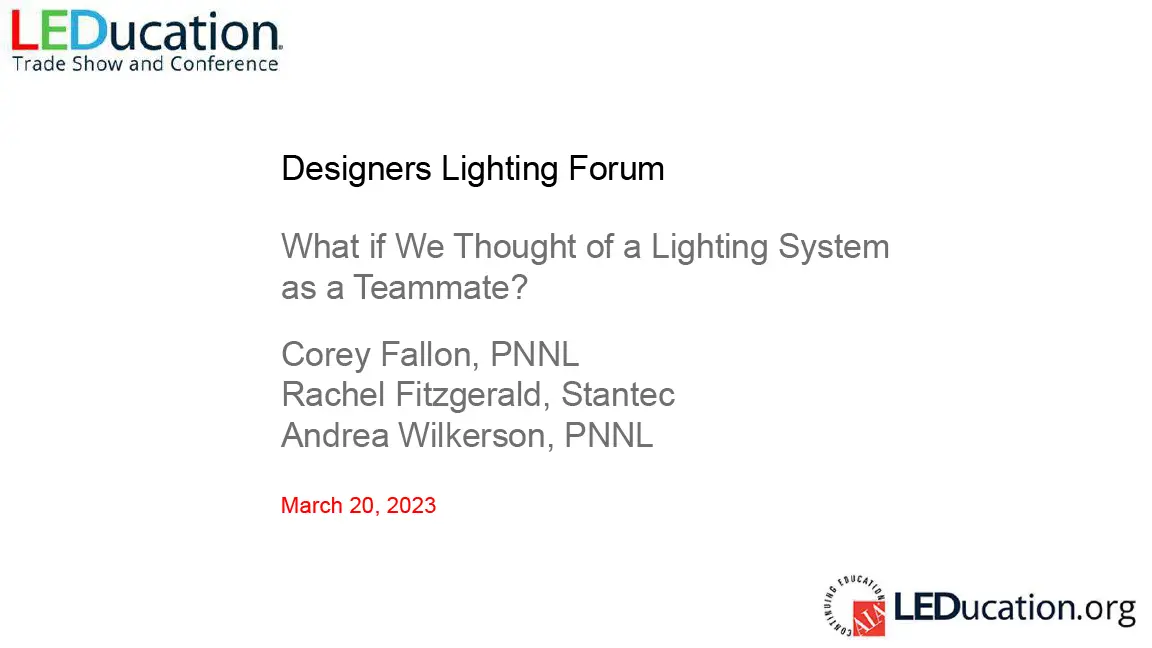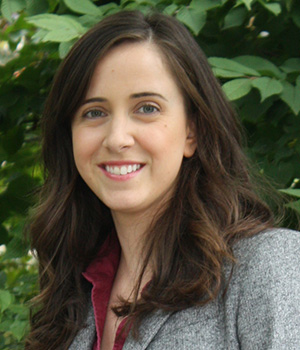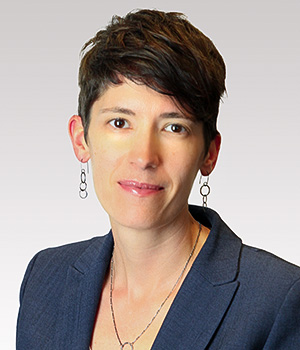PANEL DISCUSSION
Andrea Wilkerson, Pacific Northwest National Laboratory | Corey Fallon, Pacific Northwest National Laboratory | Rachel Fitzgerald, Stantec
Location: Nassau
WednesdayMarch 20, 2024
8:30 am - 10:00 am EST
Credits 1.5 LU | Elective
Introductory
Have you ever thought of your phone or watch as a teammate? What about a lighting system? Or are you more apt to think of lighting controls as a foe? This presentation will explore the interaction between humans and lighting systems through the lens of human-machine teaming. We propose that human-machine teaming research can serve as a useful guide for design and improved interaction with lighting systems. Join a human factors psychologist, lighting researcher and lighting designer to consider how thinking of a lighting system as a teammate may change the way we design now and in the future.
Learning Objectives
- Attendees will be able to explain human-machine teaming.
- Attendees will understand how human-machine teaming can influence the lighting industry.
- Attendees will be able to explore new ways of thinking about how we interact with technology and lighting systems.
- Attendees will be able to apply action uncertainty principles when designing adaptive lighting systems.

Speakers

Andrea Wilkerson is a Senior Lighting Research Engineer at Pacific Northwest National Laboratory, focusing on the evaluation of emerging lighting technology in support of the U.S. DOE SSL Program. She earned her doctorate from Penn State and her BS and MAE from the University of Nebraska in the respective architectural engineering programs. Andrea serves as an Associate Editor of LEUKOS (journal of the IES), on the National Council on Qualifications for the Lighting Professions (NCQLP) Exam committee, the Oregon State University School of Civil and Construction Engineering Industry Advisory Board. Andrea has served on the IALD Education Trust Board and on many IES committees.

Rachel Fitzgerald is a Principal and the Discipline Lead for Lighting Design at Stantec, with 20-years of experience providing exterior and interior lighting designs for hospitality, mixed-use, retail, corporate, civic/government, education, and recreation facilities. She is a leading expert on how lighting and daylighting drive health and wellbeing, and her commitment to designing highly sustainable and human-centric spaces has resulted in more than three dozen design awards. Rachel is an adjunct professor at the University of Colorado, serves on the WELL light concept advisory, and is Membership Chair for the IALD and previously served on the Board of Directors.

Corey Fallon is a human factors psychologist at Pacific Northwest National Laboratory with a MS in human factors psychology and a PhD in experimental psychology with applied experience working as a cognitive systems engineer. Fallon has studied a variety of constructs in human factors psychology throughout his career, including decision-making, emotion, situation awareness, personality, and stress. Fallon’s work at PNNL has focused on studying the human factors risks associated with the integration of new tools into existing workflows and developing training and design solution to mitigate these risks. His primary area of research focus is on human-machine teaming with a particular emphasis on improving interaction with artificial intelligence.
